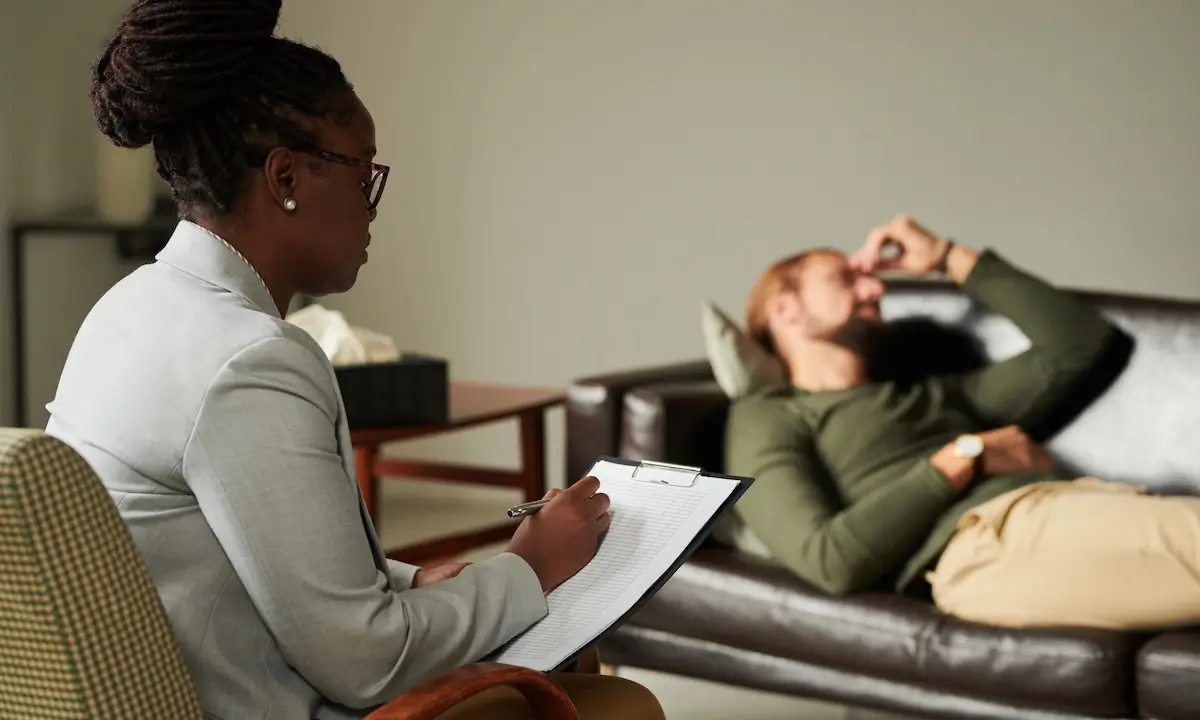Rehab, short for rehabilitation, refers to structured treatment that helps people overcome substance use disorders. In Massachusetts, knowing what rehab involves can take away some of the uncertainty. This guide explains how rehab works, the types of care available, and answers common questions.
What Does Rehab Mean?
Rehab is more than stopping substance use. It is a process that provides medical, emotional, and social support so people can rebuild their lives. While the term can apply to different kinds of recovery, this article focuses on drug and alcohol addiction.
Although each program looks different, all share the same purpose: giving people the tools and support they need for long-term recovery. Treatment usually combines structured schedules, therapy, medical care, and aftercare planning.
Key Goals of Rehab
- Withdrawal support: Managing symptoms safely while the body adjusts.
- Therapy: Individual and group sessions to address deeper issues.
- Relapse prevention: Skills and strategies to handle triggers.
- Life skills: Building structure, confidence, and healthy habits.
- Support networks: Involving family and peers for encouragement.
Types of Drug Treatment in Massachusetts
Massachusetts has a strong network of licensed addiction centers, each offering different levels of care. This range allows people to choose the setting that best supports their recovery.
1. Inpatient Rehab
Inpatient or residential treatment provides 24-hour support in a structured environment. Individuals live at the facility and take part in therapy, daily groups, and medical care. This option is often recommended for those with severe addictions or following a medical detox.
2. Outpatient Programs
Outpatient treatment is a good option for people who need flexibility. Individuals live at home while attending therapy and group sessions several times a week. Options often include Full-Day Treatment and Half-Day Programs that provide evidence-based counseling, family support, and holistic practices.
3. Medication-Assisted Treatment (MAT)
MAT combines FDA-approved medications with therapy to reduce cravings and manage withdrawal. Medications like buprenorphine, naltrexone, or Suboxone are used under close supervision. This approach is especially effective for opioid and alcohol use disorders.
4. Behavioral Therapies
Therapies help address the emotional and psychological sides of addiction. Common approaches include:
- Cognitive-Behavioral Therapy (CBT): Identifying and changing harmful thought patterns.
- Dialectical Behavior Therapy (DBT): Developing skills for managing emotions and relationships.
- Motivational Interviewing and Trauma-Informed Therapy: Building motivation and addressing past trauma.
Choosing the Right Drug Addiction Treatment Program
When exploring treatment options, consider these factors:
- Levels of care available: From full-day support to flexible half-day or outpatient schedules.
- Location and accessibility: Staying close to work or family may help with consistency.
- Insurance coverage: Verify what services your plan will cover before starting treatment.
- Dual diagnosis care: Addressing substance use and mental health together for stronger outcomes.
- Aftercare planning: Ensuring support and relapse prevention continue beyond treatment.
- Licensing and credibility: Look for accredited centers with qualified and experienced staff.
- Family involvement: Programs that welcome loved ones can make recovery more sustainable.
Massachusetts Drug Treatment Service
Massachusetts is known for offering a wide variety of licensed addiction programs. Many emphasize holistic care, family involvement, and evidence-based therapies. Staying in-state often helps people remain close to loved ones while building recovery skills in their own community.
Whether you’re seeking alcohol rehab or drug rehab in MA, local programs provide structured care and continued support for long-term healing.
Common Questions About Rehab
Most people know what rehab is, but may not know much about the details. Understanding how it works can make the process feel more approachable. Below are answers to some of the most common questions people have about treatment.
What Is the Most Effective Treatment for Addiction?
The most effective treatment combines medical care with therapy. Programs that include MAT, counseling, and family support create a well-rounded approach. Personalized care is key to lasting success.
How Long Is Rehab Typically?
Length varies by program and progress. Full-day programs often run several weeks, and half-day programs have 3–4 weeks of sessions, while outpatient care may extend longer. Aftercare and relapse prevention are important for ongoing recovery.
What Are the Stages of Addiction Recovery?
Recovery usually unfolds in stages:
- Acknowledgment: Recognizing the problem.
- Detox and stabilization: Managing withdrawal in a safe setting.
- Treatment: Engaging in therapy, education, and skill-building.
- Aftercare: Alumni programs, relapse prevention, and community support.
Where to Get Help for Drug Addiction
Refresh Recovery Center in Norwell, MA, provides Full-Day and Half-Day programs tailored to individual needs. Care focuses on substance use disorders and related mental health concerns.
Services include dual diagnosis treatment, medication management, holistic therapies, and family involvement. While detox isn’t offered onsite, referrals to trusted Massachusetts detox centers are available.
Recovery is within reach. If you or a loved one is struggling, call 888-702-1788 or verify insurance to begin your path toward lasting change.





